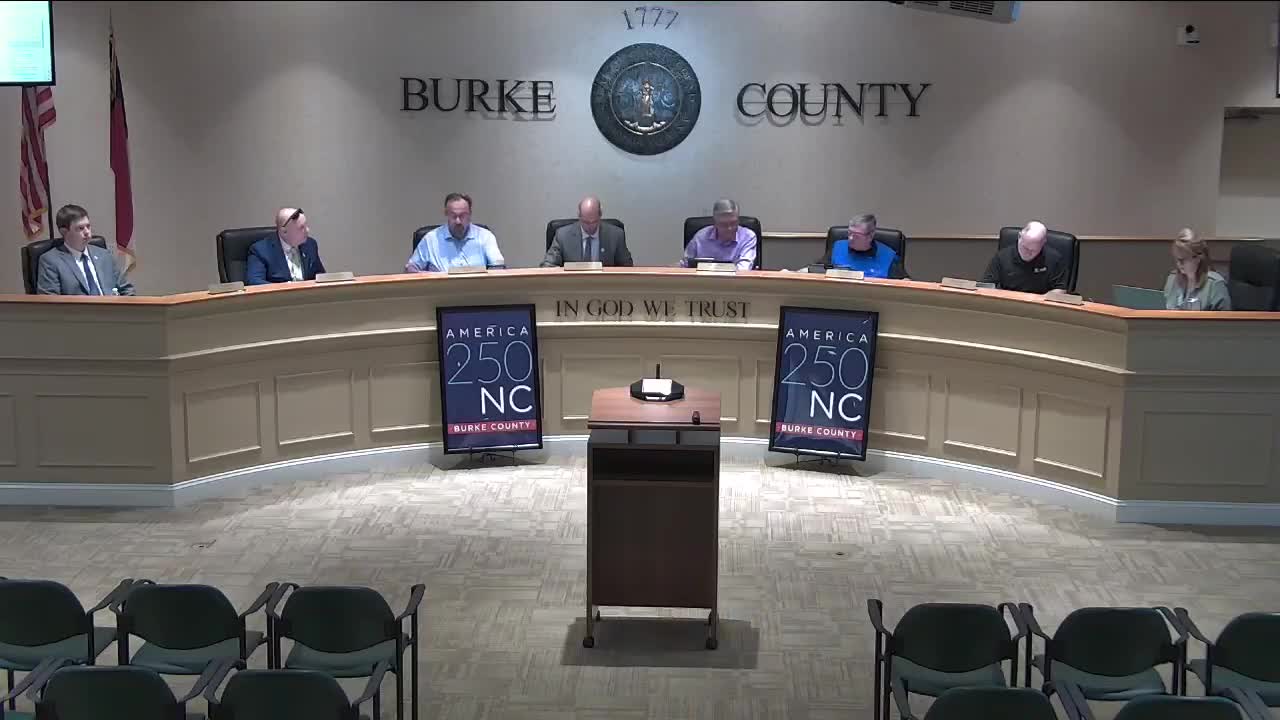Article not found
This article is no longer available. But don't worry—we've gathered other articles that discuss the same topic.
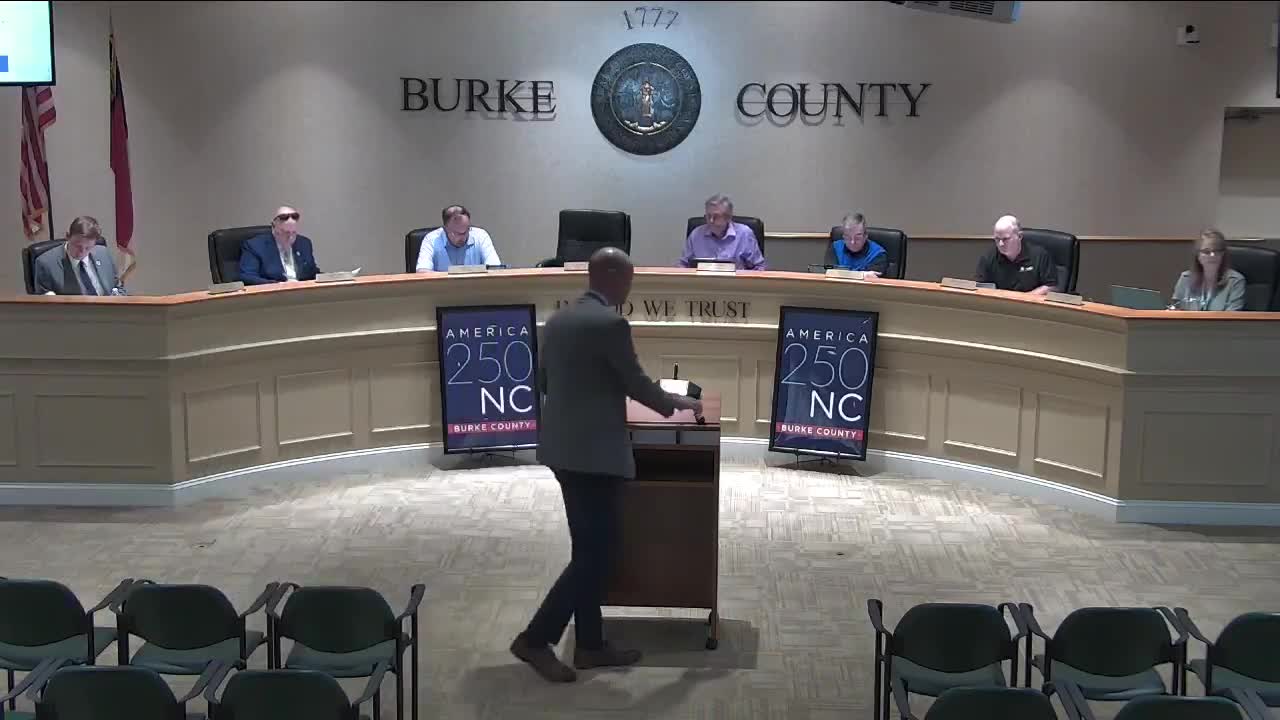
County staff recommend design firm for health and human services renovation after adaptive-reuse review
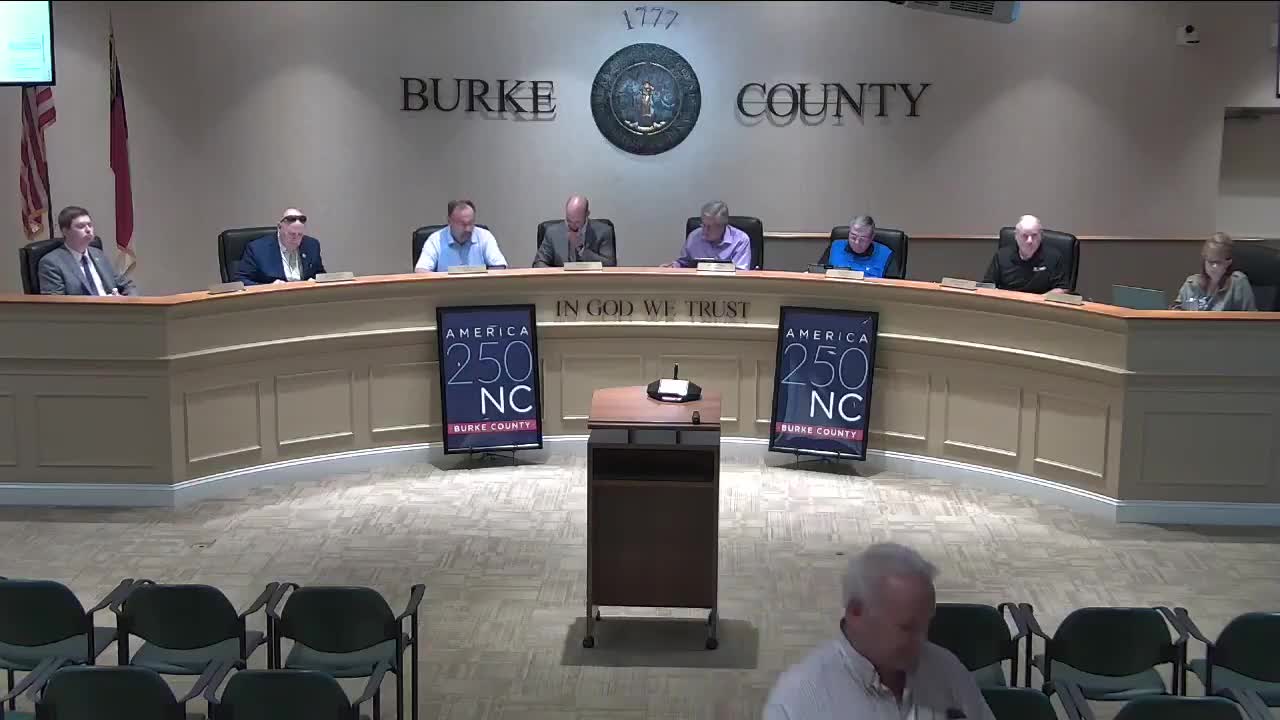
Tax administrator reports near-complete property tax collections for FY24; motor-vehicle collections exceed budget
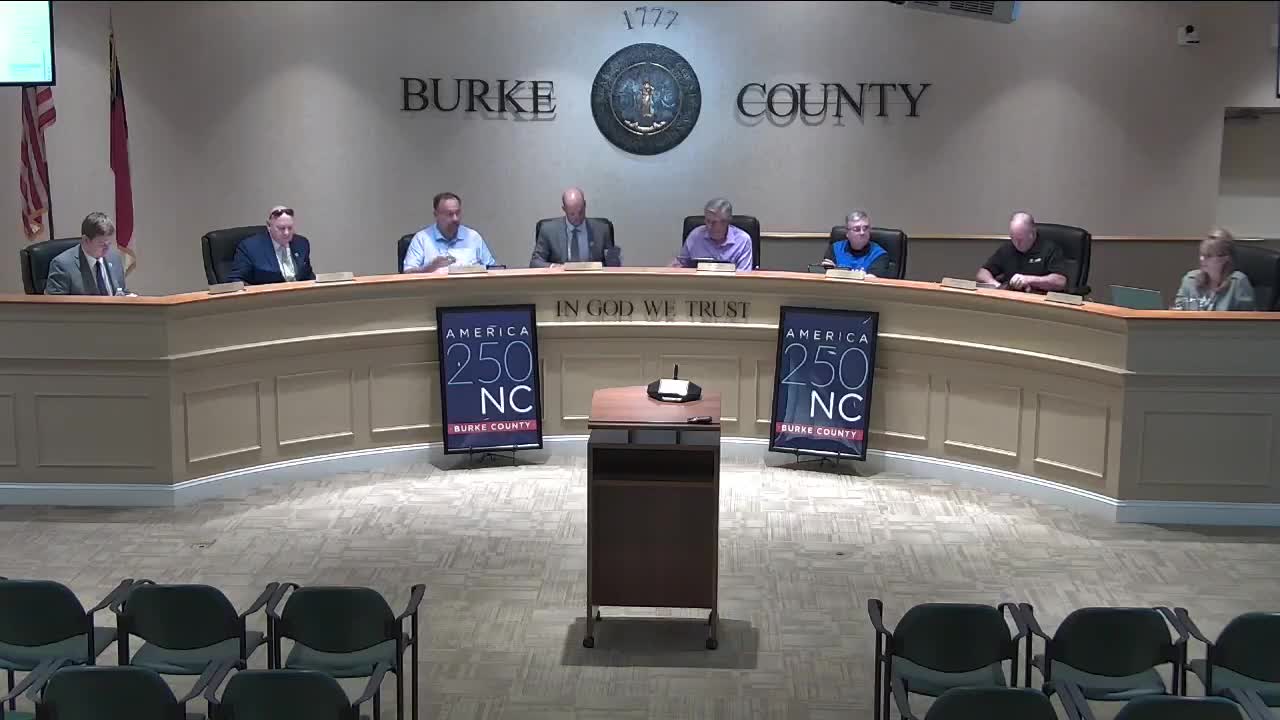
DSS presents Medicaid overview to commissioners; staff say 6,000 Burke residents on expansion
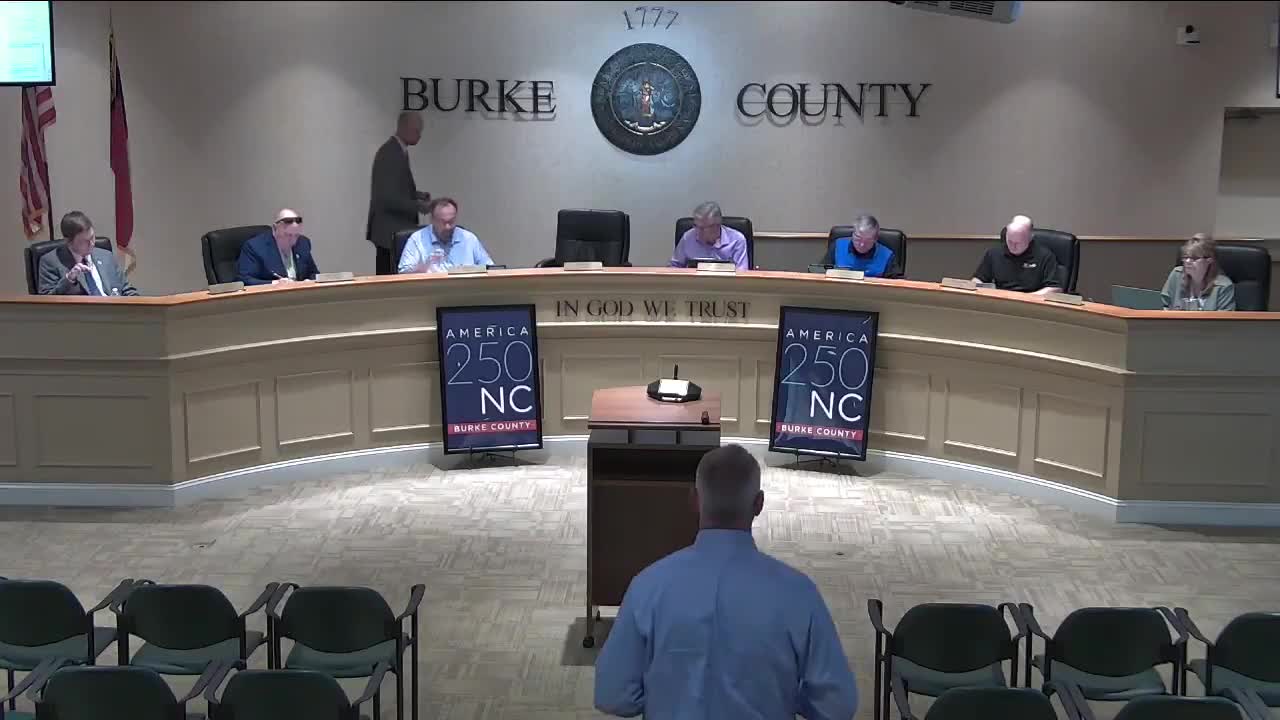
County HR proposes updated personnel manual and requests certification for substantial equivalency with state HR rules
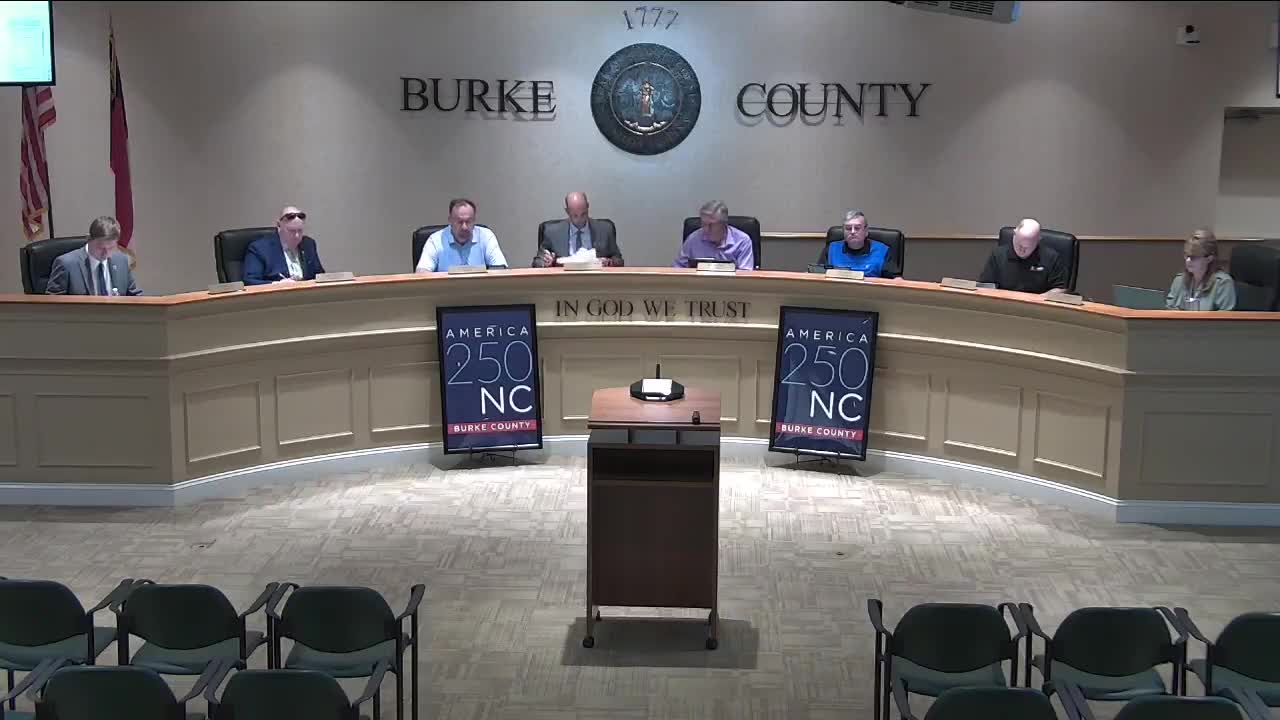
Burke County to hold $10 million in escrow for school system's new central office project
